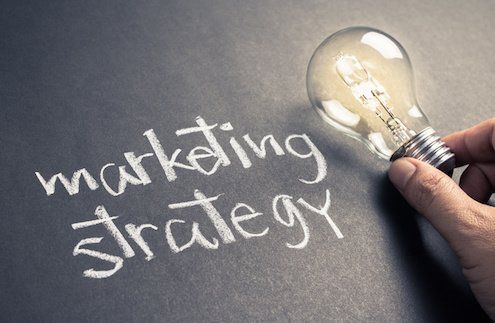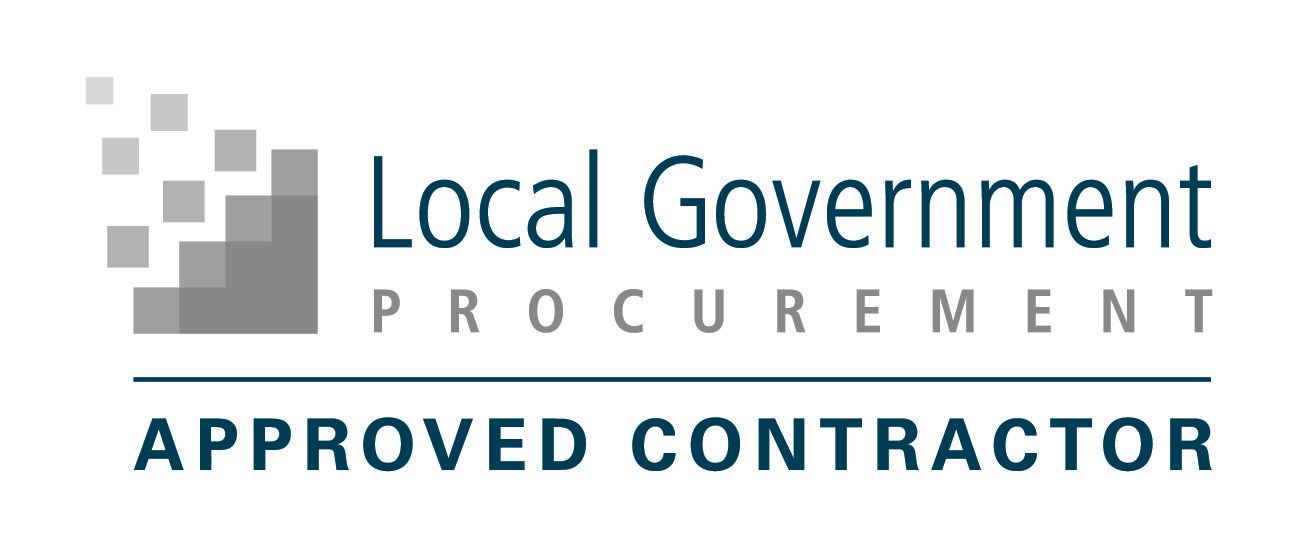What to do when organic growth stagnates in your business?
Joe Papadatos, Managing Director
It’s a common story that we hear from potential clients – my business growth has stagnated and I don’t know what to do next. But like so many scenarios in life, there’s no one way to grow a business, so there’s no one reason why it slows down, stops, or declines.
Popular reasons why business growth can stagnate
Before you take any action, you need to find the cause or causes of the stagnation in your business. From our experience, the most common issues are:
- complacency;
- owners/founders who try to do everything;
- high turnover of customers and staff, and
- not undertaking any strategic marketing.
Let’s take a look at them one by one:
Is your business suffering from complacency?
One of the most under-recognised, and therefore overlooked, risks is complacency. Lots of small businesses fail in their first few years, so once a business has been established the owners or managers tend to relax and get comfortable. And that’s when a business can stagnate.
It is important to stay vigilant and constantly assess not only the performance of your business but also the potential changes and threats to your industry.
You only need to look at how so many businesses adapted in 2020 when the COVID-19 pandemic affected many industries. Most business owners could not afford to be complacent. Conversely, the pandemic caused massive growth in many areas but it was also hard to manage for business owners.
“One of the most under-recognised, and therefore overlooked, risks is complacency.”
One way to deal with potential complacency is to set short, mid, and long-range goals, and develop strategies to reach them. These goals should not be set and forget. They need to be constantly reviewed and measured appropriately.
Owners/founders who try to do everything
In the early stages of business growth, SME business owners will play many roles out of necessity. But a growth mindset means that when the time is right, they hire experts to fill the more time-consuming roles.
As a business owner, you should strive to stop doing things that you don’t do very well and instead focus just on the things that you do the best. It’s one of the most common small business mistakes because it’s so easy to try to do everything yourself.
You don’t have to hire an army of people, but be sure to delegate the menial and repetitive work and focus on making business decisions and managing your employees. The first stages of this might be a bookkeeper and a virtual assistant. Further down the track, it might be a marketing agency and a business coach.
Address high turnover
It is cheaper to retain than to acquire, and that applies to your employees, suppliers, and customers. The first step is monitoring and tracking the churn rate of each of these. You might have a gut feel for the turnover rates in your business, but until you actually track them, you’re just guessing.
When employees leave, it’s costly for your business because it takes time and money to find and train replacements. That’s why as a business owner you should reduce staff turnover as much as possible. These tips might seem like common sense, but it’s surprising how many small business owners forget about the basics:
- Hire the right people.
- Offer competitive pay and benefits.
- Give praise.
- Show the career path.
- Allow flexible work schedules.
As for customer churn rates, if you want to learn more about what your customers want, then go and ask them. It takes a bit of work, but developing a great relationship with your customers and building a loyal following has many benefits, including continuing business growth.
Undertake strategic marketing
Without a strategic marketing plan, your company runs the risk of becoming directionless, wasting money on channels that aren’t bringing you results, and losing out on potential customers to your competitors.
We all think we know how to promote our own product or service, but the truth is usually we think we know, rather than actually know. There’s likely a wide range of potential customers for your business, and you need a deep understanding of your customer base to reach them. One of the best ways of doing this is by developing buyer personas, customer journeys, and empathy maps.
Here are a few basic steps you need to take in putting together a successful marketing strategy:
- Identify your target customers.
- Research your competitors.
- Establish what makes your product/service different.
- Choose your channels.
- Break down your sales funnel.
- Create marketing goals and measure them.
If that all sounds like something you can’t accomplish alone, it could be time you engaged a marketing agency.
How Icon Visual Marketing can help
At Icon, we start every working relationship with a strategic marketing workshop that is designed to get to the very heart of this question and your business. The whole process aims to clearly establish the unique position your business has in the market and how we can best leverage this for great marketing results.
A strategic marketing workshop is a great tool to delve back into where you first wanted to take the business and work out why it has stagnated. We look at what you want for your customers and how you want the world to view you.
Find out more about how happens in our strategic marketing workshops.
KEEP IN TOUCH
















